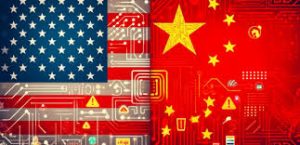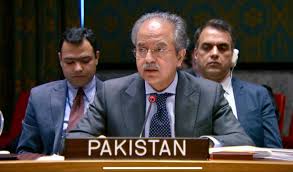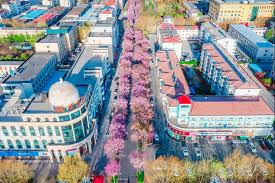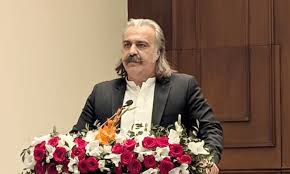Incoming Pakistani President to pay a key role to expedite work on CPEC projects, says his party
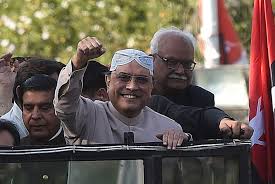
Islamabad: Incoming Pakistani President Asif Ali Zardari will pay a key role to expedite work on the China-Pakistan Economic Corridor (CPEC) projects, his party announced on Thursday evening.
PPP Secretary General Nayar Hussain Bukhari told journalists here that CPEC was among the top priorities of Asif Ali Zardari – who is expected to be elected as the President soon after the formation of the coalition government in the next few days.
The PPP and the Pakistan Muslim League (Nawaz) have agreed to jointly support Mr Zardari’s elevation as the head of the state. Mr Zardari was previously the President from 2008-2013.
“As President of the country, Asif Ali Zardari, will play a key role in expediting the CPEC and the Pakistan-Iran gas pipeline projects to their early completion,” Mr Bukhari said.
He emphasised that the PPP owns CPEC as a crucial project for the economic stability of Pakistan.
Mr Bukhari maintained that Mr Zardari has a special love for China and the Iron Brother was very close to his heart.
He proposed “Charter of Pakistani Identity” for national unity and consensus, and suggested measures for public relief to save the national treasury.
“It is necessary for all stakeholders to come together for the benefit of the country, difficult decisions are essential to come out of the grip of international financial institutions,” he contended.
“A new parliamentary democratic government will come into existence through the votes of national and provincial members and will elect a new president democratically. Progress and prosperity are possible through the implementation of public economic agenda,” he stressed,
Bukhari underscored that practical steps should be taken to end inflation and bring essential items within the reach of the people.
“Budgetary provisions for self-sufficiency in the agriculture sector, including incentives and subsidies, should be made. Government expenditures in both houses of parliament should be reduced by half,” he suggested.


